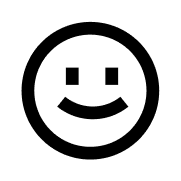Tenday Notes 11 March - 20 March 2023
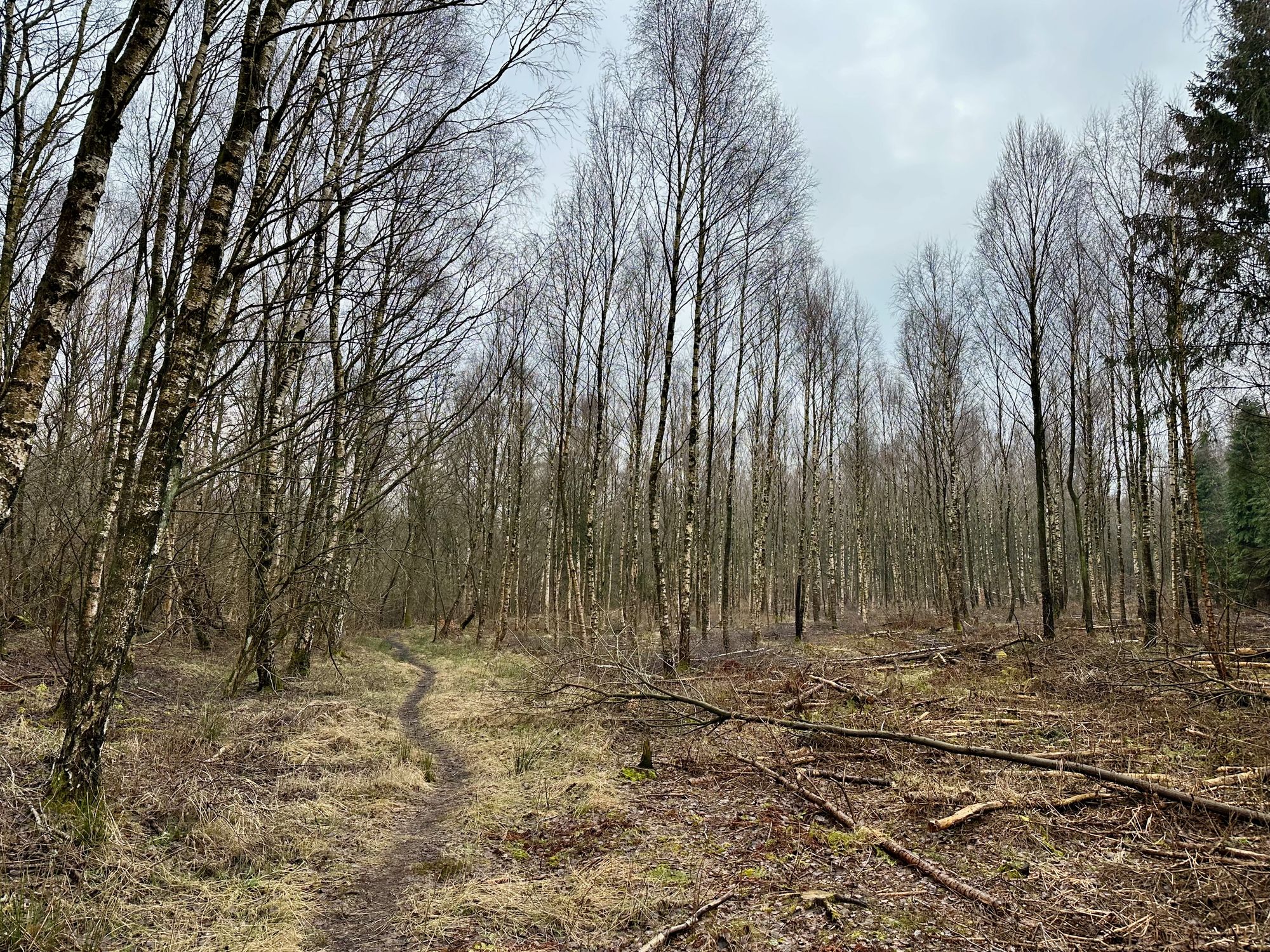
Every ten days or so, I share a quick digest of what I've been working on and reading. Here's the latest. More in the series here.
Off the back of the excellent Designing Your System for Creativity workshop by Oliver Burkeman that I mentioned here a few months back, I've been trying to organise my sprawling notes folder a little.

Previously, for example, I had a single note called "Ideas" that I just dumped stuff into, but I've now broken that out into a collection of notes that can link to each other and to other things. I've got 19 ideas in there right now, and at least a couple of them aren't terrible, so that's nice. I've got similar collections of "Music Tricks" (music gear patterns I like to repeat) and "Cookbooks" (which I use to store useful code incantations).
I also did some other basic organisation. I put all my Daily Notes files into a single folder, and did the same with all my newsletters, and all my Triannual Review notes.
In each of these folders, I ran a little terminal command that I got ChatGPT to write for me that appends a tag onto the end to I can link things together. I've put it in my Terminal Cookbook, but here it is in case it's useful to anyone else: for file in *; do [[ -f "$file" ]] && echo "#ideas" >> "$file" && echo "Added #ideas to $file"; done
The Decibels sonification community continues to grow, and so we're going to start doing monthly "workshops" where people who make sonifications can deconstruct a piece they've made, or talk about their process, or whatever else they'd like to do.
I'll be kicking off the series with a workshop on how to use the Loud Numbers VCV Rack module. If that's something you'd like to learn, then come join the community.

The other really useful thing I got out of the Oliver Burkeman workshop was the idea of a set of "12 Favourite Problems" that you're currently noodling on.
It's originally the brainchild of Richard Feynman, who said about it:
You have to keep a dozen of your favorite problems constantly present in your mind, although by and large they will lay in a dormant state. Every time you hear a new trick or a new result, test it against each of your twelve problems to see whether it helps.
His problems were no doubt linked to fundamental physics. Mine are not, but they're just as important to me right now. I won't share all of them, but I will share a few:
- How can I continually create new information design work that I'm proud of?
- How can I collect together folks doing data sonification and get them to talk to each other?
- How can I reduce my personal carbon emissions, and help others to reduce theirs?
- How can I stay physically and mentally healthy?
- What can I learn about the world? (This one is definitely a bit too vague, but it works as a placeholder for my general interest in learning new things.)
If you can have an idea, thought, or link that you reckon might help me solve any of these problems then (as always) I'd love to hear from you.
I darned a hole in a jumper elbow this week, so that was a first for me. It took about 10 minutes and was much easier than I expected. I suspect a lot of that ease was thanks to this YouTube video from Clothes Doctor that I watched beforehand.
Is it the perfect YouTube tutorial? I think it might be! It lays out all the tools you'll need, and some alternatives that you can use if you don't have those tools. It presents the whole process, from start to finish, in a single cut, filmed in real-time with a voiceover narrating what's happening. It presumes essentially zero knowledge about the subject matter. It's short, absolutely no longer than necessary. Oh, and it's shared under a Creative Commons license so others can re-use it.
They have almost 100 other clothing repair videos on their channel that I'm now genuinely excited about watching, many with only a few hundred views apiece. The noble art of the YouTube tutorial is only a decade or so old, but perhaps we've already found a true master?
GPT-4, the latest large language model (LLM) from OpenAI, has been released, and have you seen how it was benchmarked against its predecessor?
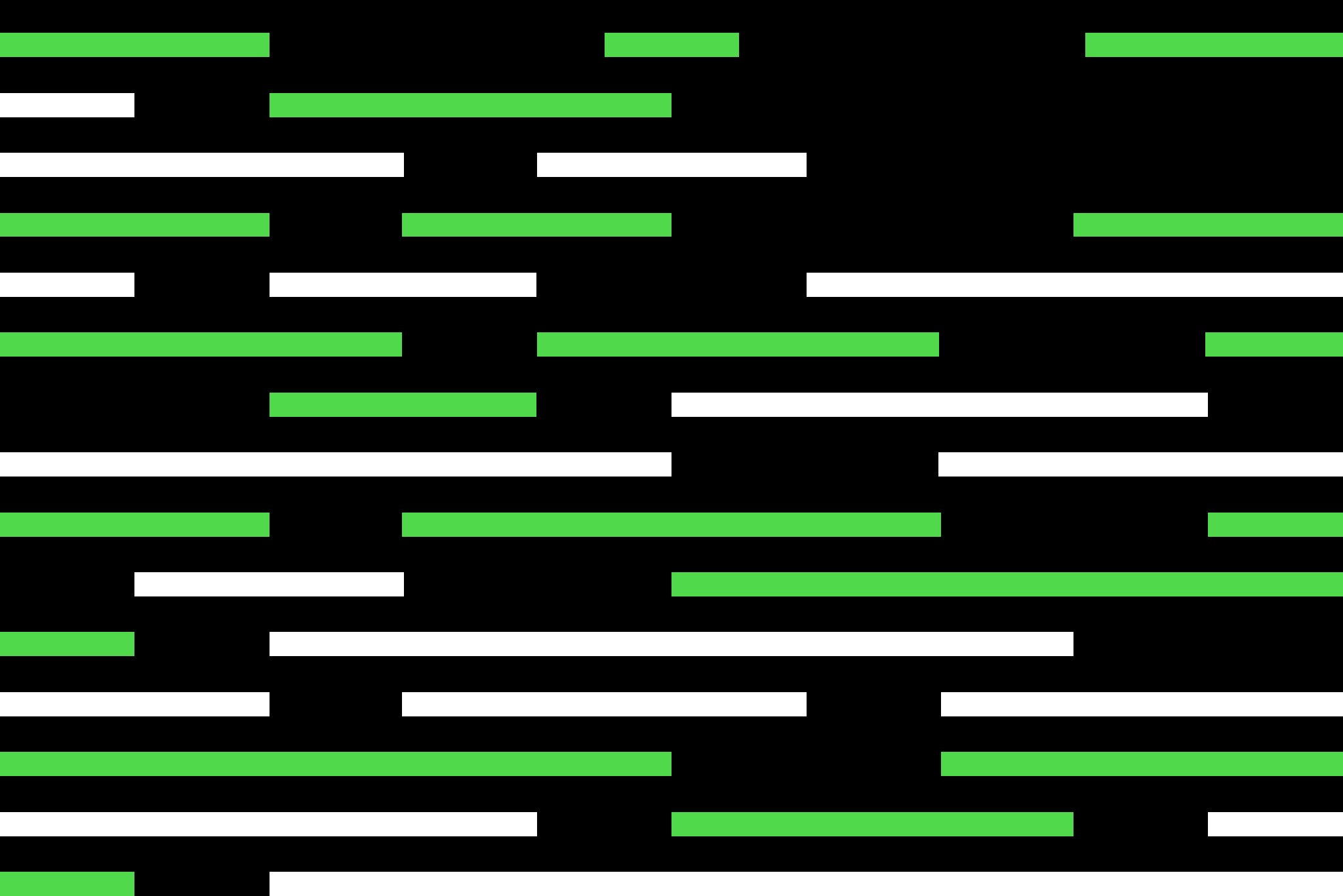
They gave it a bunch of exams. Human exams. From calculus to physics, english literature, to economics, world history to the bar exam. GPT-3.5 scored highest on environmental science, art history and psychology, and lowest on calculus. But GPT-4 scores quite differently, with skills substantially improved in many areas that were previously weak - it's now a 90th percentile lawyer.

One thing I'm quite interested in right now is how these technologies can be used for good. They're undoubtedly being used extensively for evil already, so let's try and balance the scales and figure out how can we use LLMs to make the world a better place too. One idea I've been exploring lately is making it easier for people to participate in societal functions that they wouldn't normally be able to.
For example, my partner and I recently used GPT-3.5 to write a letter in Swedish to a local newspaper that had published an editorial about how scientists should stay out of activism. We, unsurprisingly, disagreed - but while our Swedish is fine in conversation, it's not really "write a letter to a newspaper" standard. The LLM solved that for us in seconds.
What are other areas where immigrants and other people who are less confident with their language skills (but know enough to check for factual errors), could benefit from the endless confidence of an AI language model?
From the other side of things, here's a collection of badges for labelling writing, art and other content that wasn't made by AI (via Giuseppe)
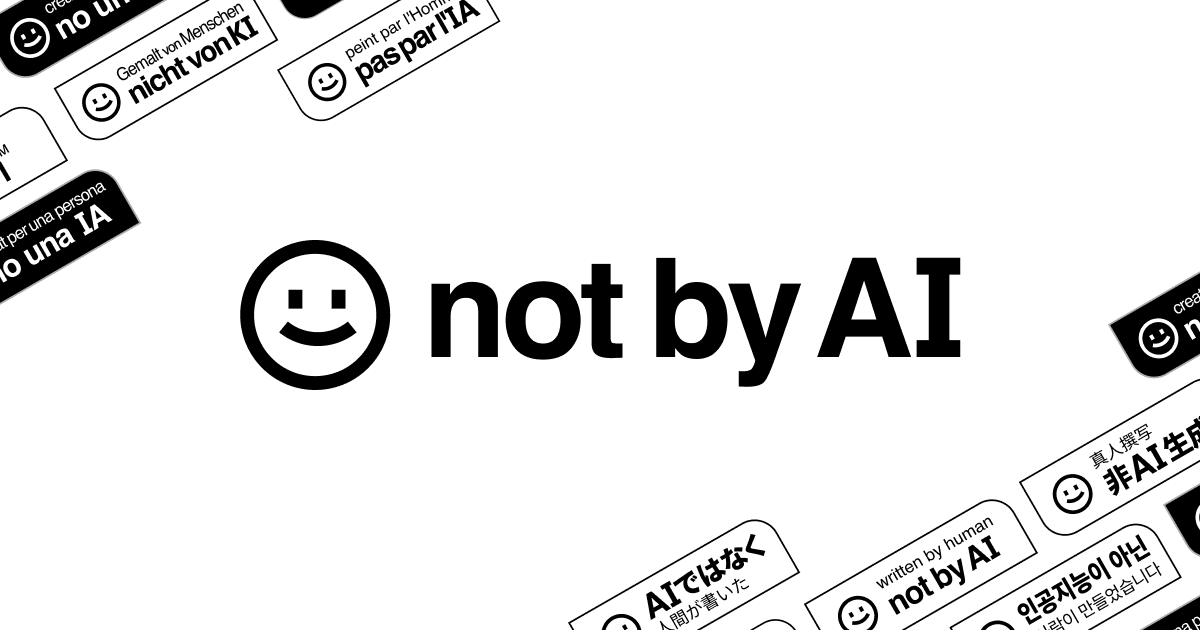
Over the weekend, I visited Europe's smallest national park - the charming Dalby Söderskog, near Lund. It's just 0.36 square kilometres in size, and you can walk around it in 20 minutes.

When the park was created, in 1918, the authorities thought it was a tiny patch of primeval forest. But actually, it was previously used to graze animals. It also contains the ruins of what may or may not be an ancient fort of some kind.
There was a lot of dead wood lying on the ground, quite a bit of it from Storm Otto that hit southern Sweden in February, but quite a bit from before too. While March isn't the most impressive time to visit nature in Sweden, there were some signs of spring flowers emerging - snowdrops and crocuses.
The coolest thing we saw, though was a black woodpecker - a huuuuge thing that was flapping around in the upper branches of some of the oak trees and making quite a racket. We were able to identify it with the BirdNET app, which uses AI to compare a recording you take with a library of birdcalls.
Combined with the excellent Seek app, which does the same thing with photos of plants and animals, it's a really fantastic way of answering the "what is that?" question that comes up all the time when walking in nature. Chalk another win up to AI.

Finally, I'll leave you with this mind-bending map of what was most "unusual" about the weather across the world between December 2022 and February 2023, compared to the 50-year average. Here in southern Sweden, it was unusually wet, which definitely rings true to me. What about where you are?
That's all for today. See you next time!
